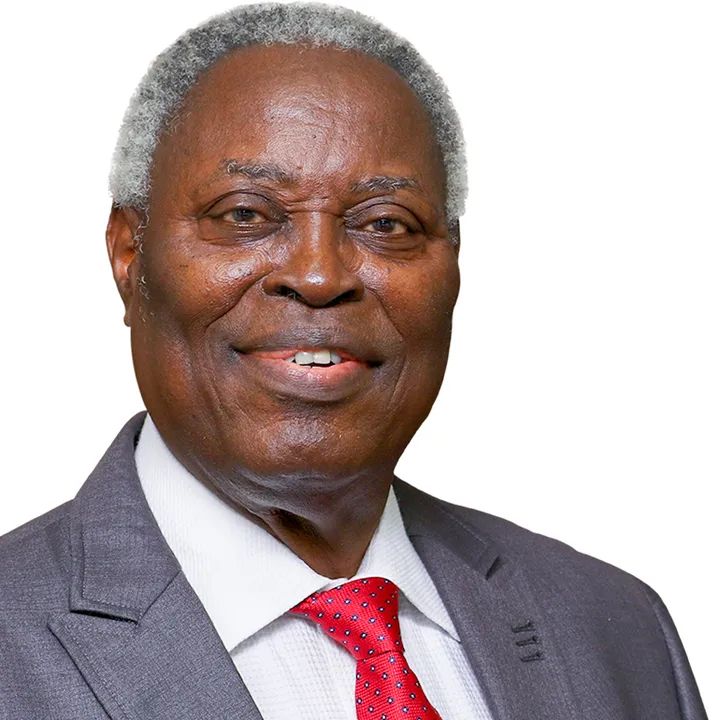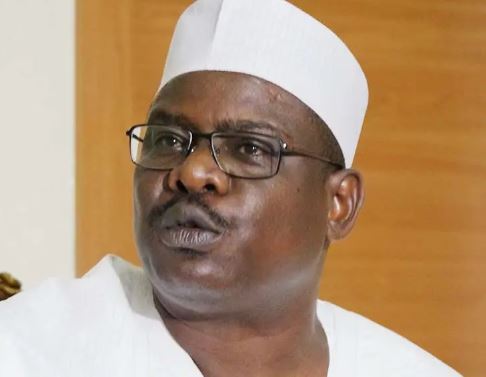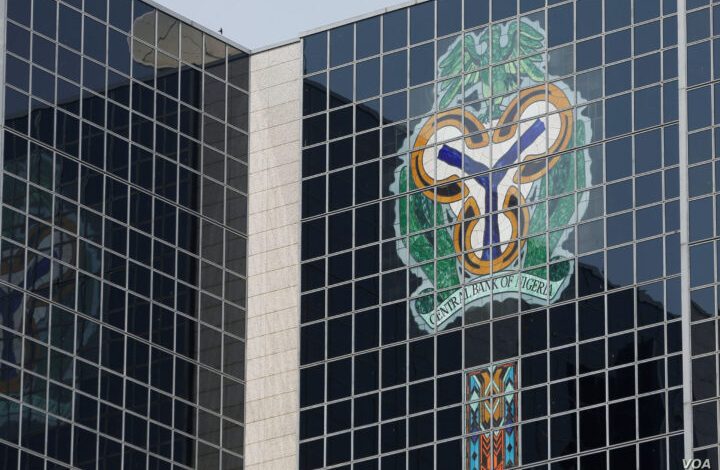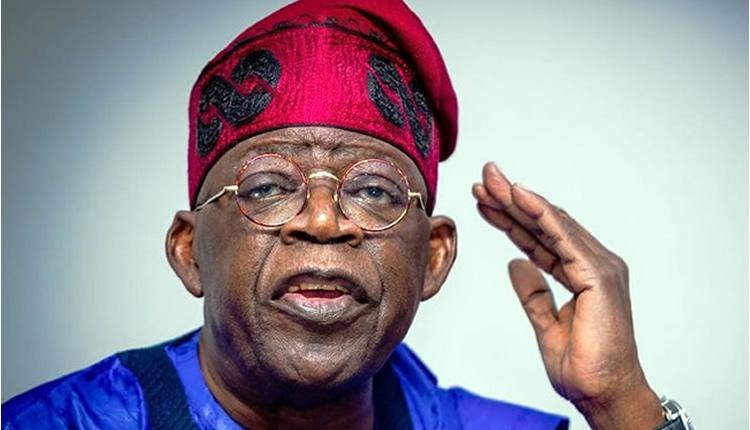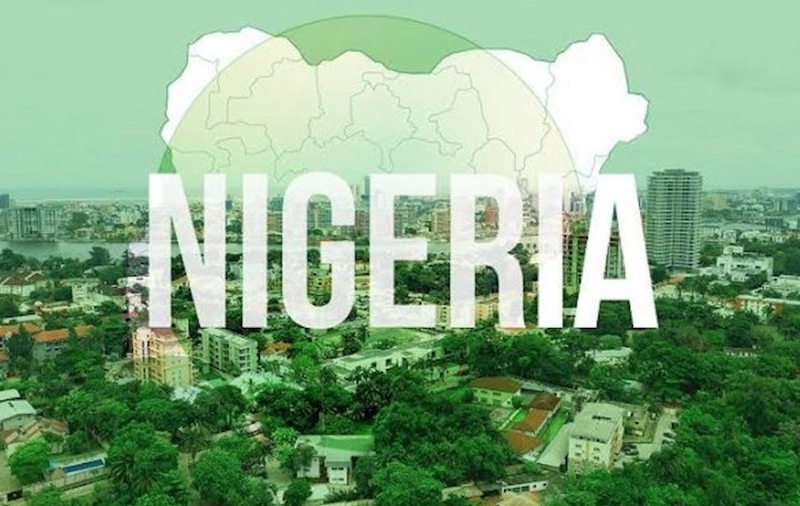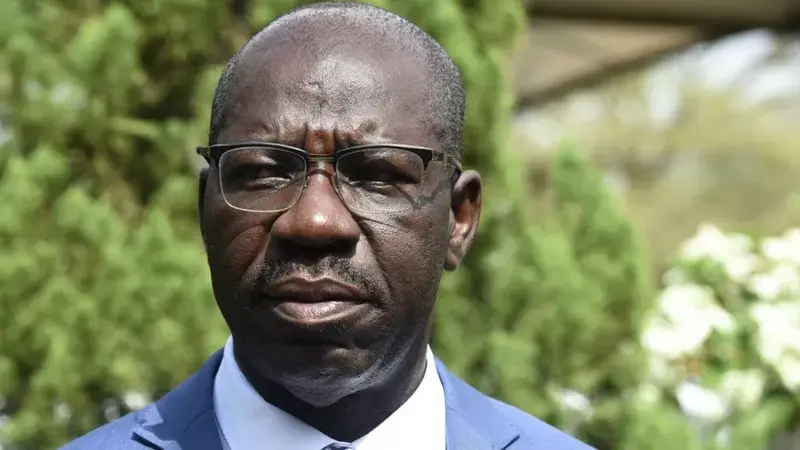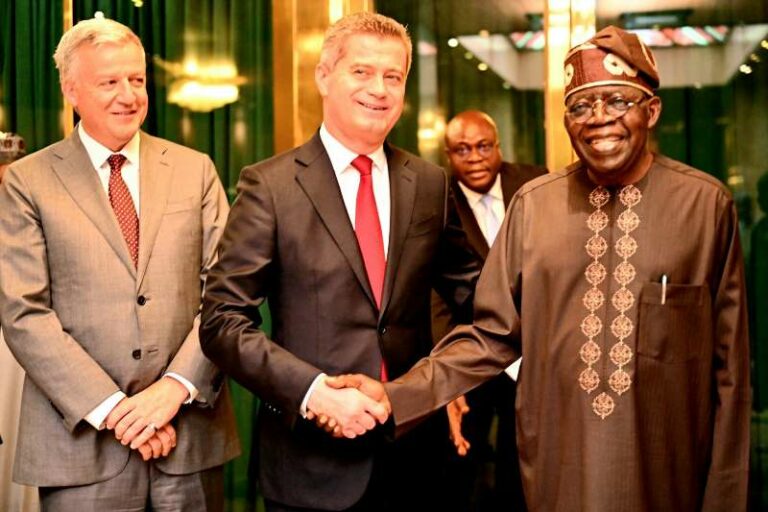Nigeria is in the grip of a severe economic crisis, with high inflation, volatile exchange rates, and a steep rise in the cost of living. The inflation rate, which soared to over 30% in the second quarter of 2024, has put immense strain on household budgets, making it increasingly difficult for many Nigerians to afford basic necessities such as food, healthcare, and housing. The situation has been worsened by the depreciation of the naira, which plummeted to historic lows against the US dollar, trading at over ₦1600 to $1 in recent days. This economic turmoil, coupled with persistently high unemployment rates of over 33%, is fostering a growing sense of economic despair across the nation.
This environment of uncertainty has shaken the confidence of the average Nigerian, even those renowned for their resilience. A recent survey conducted in Abuja, Lagos, Kano, and Port Harcourt showed that 70% of respondents expressed pessimism about the country’s future, fearing that things will unlikely improve soon. These sentiments have been reflected in public movements such as the #EndBadGovernance protest, which erupted a few months ago and brought the frustrations of millions of Nigerians to the forefront. Although it started as a protest against bad governance, the movement quickly morphed into a more extensive critique of poor governance, economic hardship, and the perceived disconnect between Nigerian leaders and the everyday struggles of citizens.
Amid this widespread disillusionment, the mere mention of a possible cabinet reshuffle or change has sparked a flicker of hope. While a cabinet change might seem like a small gesture, it often brings a sense of cautious optimism that new leadership might steer the country in a better direction. The presidency’s recent indication of a potential reorganisation of the Federal Executive Council (FEC) has garnered significant national attention. The question is whether this reshuffle will end an ineffective and underperforming cabinet or if it could signal the beginning of genuine efforts to address Nigeria’s pressing crises. The scepticism is rooted in past experiences where cabinet changes have failed to bring tangible improvements. For example 2019, after President Muhammadu Buhari’s second-term victory, a similar cabinet overhaul raised hopes of economic reform, but little changed. Key sectors such as power, infrastructure, and healthcare continued to struggle, leading to widespread public disillusionment.
A personal experience offers a fitting analogy. A close friend of mine was diagnosed with an aggressive form of prostate cancer. Faced with this alarming news, we didn’t simply choose any available doctor—we searched for a specialist with proven expertise in treating prostate cancer. We knew that his survival depended on finding the right medical expert. Nigeria’s economy is similarly dire; it is “cancerous” and desperately needs leaders with the necessary skills, knowledge, and commitment to enact meaningful change. Anything less would jeopardise the nation’s collective survival.
For many Nigerians, a cabinet reshuffle holds the potential for two distinct outcomes. On one hand, it could signal the end of an ineffective Executive Council that has failed to tackle the country’s challenges, much like the underperforming cabinets of the past. On the other hand, it could herald the beginning of a new era, where the government finally prioritises reforms, implements policies to alleviate economic hardship, and rebuilds trust between the government and the people. While public expectations are high, there is also a lingering sense of scepticism. However, the potential for positive change is a beacon of hope in these uncertain times.
The current Federal Executive Council can be broadly divided into three groups. The first group consisted of ministers who were appointed out of political indebtedness. These individuals were chosen not for their competence but because the President owed political favours. As a result, their loyalty lies with the President, and they feel little obligation to serve the nation or its people. The second group consists of those who gained their positions through nepotism or the famed “Nigerian connection”. These individuals bring little value to governance and often lack the expertise needed to address the complexities of Nigeria’s socio-economic challenges. For instance, critics have pointed to appointing ministers without relevant experience in the ministries they oversee, leading to poor policy decisions and a lack of direction. The third group, unfortunately, the smallest, is composed of competent technocrats and politicians who have the capacity to deliver meaningful results. However, their influence is often overshadowed by the ineffectiveness of the other groups.
A cabinet dominated by individuals focused on short-term political gains rather than the public good has far-reaching implications for governance. Ministers prioritising personal or partisan agendas are unlikely to prioritise the nation’s needs. Some argue that even the most capable ministers would struggle to make a difference in the current political, social, and economic environment. The primary function of policymaking has been sidelined, and this dysfunction has only fueled public discontent. The quality of the Federal Executive Council has significantly contributed to the country’s broader dissatisfaction.
Many Nigerian commentators have expressed frustration with the government’s inefficiency, attributing it mainly to the substandard quality of the cabinet. This inefficiency has also contributed to the normalisation of corruption in various sectors. Significant reforms in critical sectors have been noticeably absent, leading to widespread doubt as to whether the average Nigerian feels any positive impact from the actions of the Federal Executive Council. The government’s credibility is increasingly being questioned, and many wonder whether any real progress can be made under the current leadership.
As the country eagerly anticipates the formation of a new Federal Executive Council, there are clear expectations. Nigerians are not just hoping for a change in personnel, but for a fundamental shift in governance priorities. The nation urgently needs ministers who are dedicated to solving its pressing problems, not advancing personal interests. The new cabinet must be transparent and accountable, addressing the concerns of a public that has grown weary of opaque leadership. Furthermore, competence must take precedence over party loyalty when selecting ministers. The country cannot afford appointments based on political allegiance; it needs individuals with the technical expertise to implement effective policies and follow through on their promises.
Effective governance requires competent ministers, a clear vision and roadmap from the President, and accountability mechanisms to guarantee policies are efficiently executed. Our President must clearly define his mission: what kind of government does he want to run? Restorative, transformative or visionary? The President’s vision and mission would provide the guardrail of how his ministers would be chosen and how they operate. The SGF and Chief of Staff will use that to set targets and milestones. The President’s mission is required to define the roles of ministers and their mode of operation.
Economic growth and job creation must become central priorities. In 2024, youth unemployment was estimated at over 42%, leaving millions of young Nigerians without meaningful opportunities. This unemployment crisis, combined with a lack of public services, continues to drive young Nigerians toward dangerous migration routes in search of better lives abroad. There is little meaningful discussion on these crucial issues, as the focus remains on personal or political agendas. The country’s progress depends on a renewed focus on sustainable development, economic expansion, and the creation of employment opportunities for its people.
In these challenging times, Nigeria needs ministers who are competent and deeply committed to the nation’s well-being. Patriotism, focus, and dependability will be essential for steering the country through its current crises. The period of trial and error is over. The President and Vice President must now prioritise selecting the best candidates from across the country to form a cabinet capable of delivering results. Governance must shift away from serving a privileged few to addressing the needs of all Nigerians.
Nigeria stands at a pivotal moment where the choices made in the coming weeks could define its path for years. The potential reshuffle of the Federal Executive Council offers both an opportunity and a test for the current administration. On the one hand, it could catalyse significant reforms prioritising economic recovery, job creation, and transparent governance. On the other hand, it could fall into the familiar pattern of superficial changes that fail to address the root causes of the nation’s challenges. What is clear is that Nigerians are no longer willing to accept governance that serves the interests of a select few at the expense of the broader population. They demand competence, accountability, and a renewed commitment to solving the economic, social, and political crises that have plagued the nation for too long.
The stakes are too high for mere half-measures or political gamesmanship. Now is the time for decisive action guided by vision and responsibility. The incoming cabinet must be composed of individuals who are skilled and deeply invested in the country’s well-being. Their actions will either restore faith in the government or further erode it. Ultimately, the success of this moment hinges on whether Nigeria’s leadership can rise to the occasion, recognise the situation’s urgency, and implement policies that will bring real and lasting change. For the nation’s future, the time for meaningful leadership is now.

